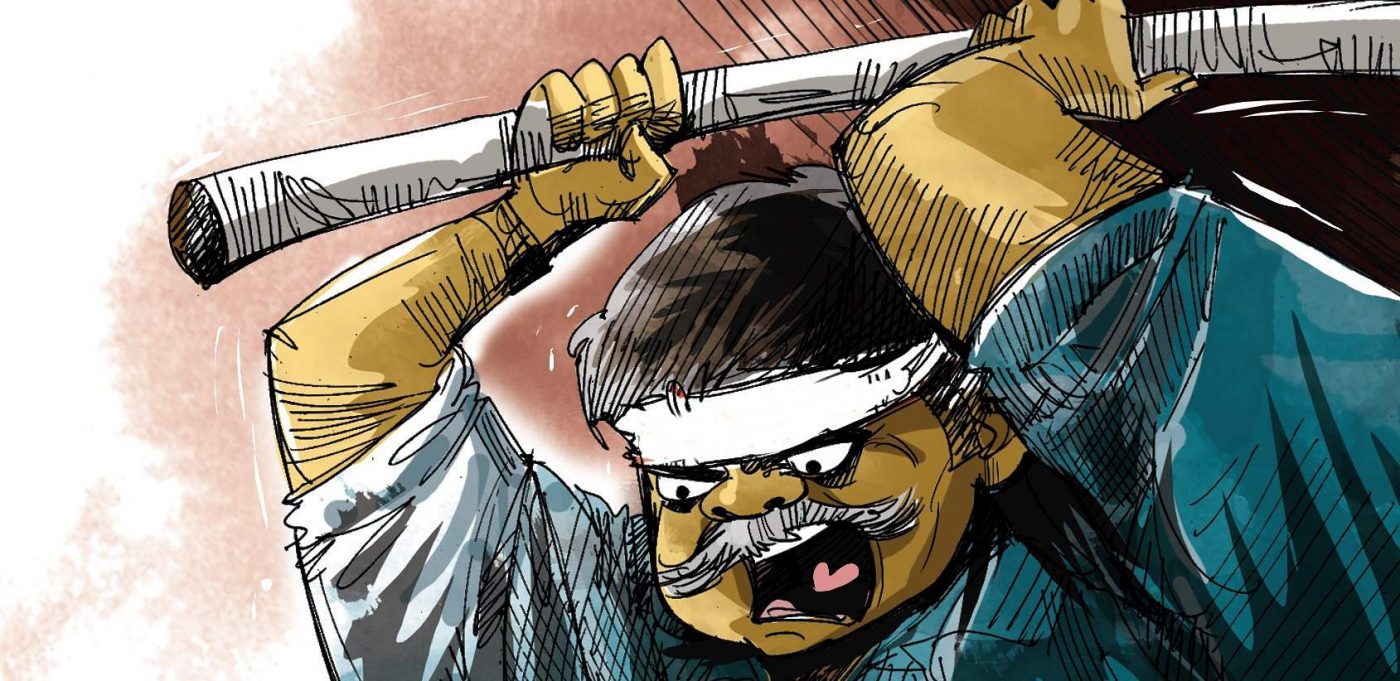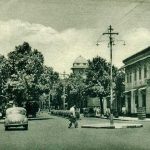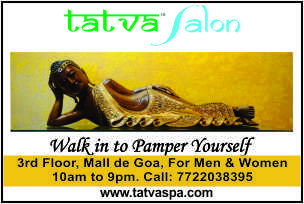CHARLENE FARRELL
On the 26th of January 1950, India completed its transition from a colonised country to that of an independent, sovereign and secular nation. It was the day India’s beautifully written and documented constitution came into force. On this day and in the years proceeding, the Preamble proclaimed the solemn resolution of the people of India to constitute India into a ‘Sovereign socialist secular democratic republic’. When a nation takes it upon itself to proclaim all this and more, one can be sure that there has been a lot of thought put into the construction of the ‘rule book’ that it has. As our forefathers struggled to win us our freedom and took a whole two years and eleven months and eighteen days to draft one of the longest most detailed constitutions among all other sovereign countries, our reflection is of great importance. The drafting committee, under the leadership of B.R. Ambedkar worked tirelessly to put down as much as they possible could to help the citizens of India to finally enjoy the freedom that they had been starved off for nearly 200 years. Are we grateful? Are we doing the constitution justice? Are we really a ‘Sovereign socialist secular democratic republic’?
Our history books paint amazing pictures of our countrymen working shoulder to shoulder, side by side, with one goal in mind, creating a proud nation where everyone had a voice, a role, a reason and a choice. Fast forward sixty-eight years from the day the architects of our amazing constitution launched their handiwork, and what do we get? The lack of freedom, suppression and oppression and yes, still, a huge divide between the ruling and common man. The only difference between then and now seems to be the colour of the skin of the man that used to oppress. Can we still call ourselves a democratic republic when as the common man, we have no freedom to eat what food we want to, when our freedom of speech is being curbed (which is so very clearly a constitutional right), when we are not allowed to watch the movies we want to and when we are not allowed an opinion? Are we a secular, democratic, republic when we our right to practice religion is also being questioned? Are we free, as women, if we have to watch our backs even when we walk around in our own neighbourhoods?
When those who make up the rules preach unconstitutionally, there is a lot to worry about. I would personally like answers about why we have drifted so widely from one of the best rule books ever written. As citizens, we continue to be blinded by false assurances and a few fulfilled pre-election manifesto promises. The constitution of our country has been constructed to be a directive of how to govern us, it states clearly what our rights and duties our but it also goes into detail about what those running the country need to do and how they need to do it.
Running a nation as beautiful and versatile as ours, calls for a lot of responsible governance. We are a rich, resourceful collective in both natural and human resources and yet we still lug around the tag of a developing nation. Crumbling under the weight of exorbitant expenses, the common middle-class man, who makes up the bulk of the Indian population is struggling to make ends meet. When refuelling the cars, we have struggled to buy burns craters into our accounts when the rest of the world is enjoying the reduced fuel rates, it leaves one appalled and disgusted that we are being robbed blind. Are all these new fads of one nation one tax and other such ‘innovatively’ borrowed ideas just a hogwash of people pulling the wool over our eyes? The common man!!! It is him that the economy needs to give importance to, it is he who carries the nation from one step to the next.
Sixty-eight years ago, the rulers of our nation envisioned a flourishing nation, with high literacy and low crime. We certainly don’t seem thankful to them for how much they did. We are instead taking what they did and turning it into something that suits the ever-increasing sizes of the pockets of a few. Not once did they think that after all their trouble of pulling down a mighty foe from outside would we have been left gasping for air under our own pressure. No, they fought so hard for much more than we are giving in today. They fought for freedom, they fought for progress and they fought for development. We need to pick up the same weapons and continue the fight. Novelist and playwright Edward Bulwer-Lytton in 1839, used the phrase ‘The pen is mightier than the sword’ for the first time. In these words, dating back almost two centuries, lies the answers we seek today. Educating the heart and mind together and using revised mentalities and revised logic is the way we can make our forefathers proud. For not violence but enlightenment is the true path to freedom.
The writer is a counsellor



























